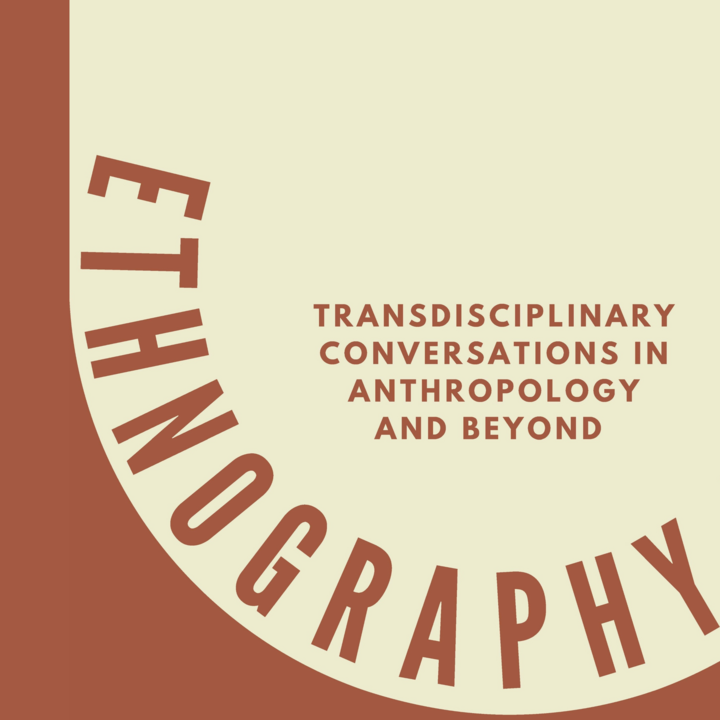Anthropology and Ethnography


We understand ethnography to be about detailed studies of societies, communities, (sub)cultures and other settings in which we immerse ourselves via long-term fieldwork and a commitment to the people and the place. By taking as its point of departure the lived realities of people, ethnography has the power to question commonplace assumptions, to subvert received wisdoms and to open new pathways for research. At a time when the humanities and social sciences ought to be at the forefront of engaging with the world’s most pressing problems, we believe that ethnography provides a methodological, theoretical and epistemological tool for thinking about and responding to a range of societal challenges.
As a group, we are committed to working together as well as pursuing our individual areas of research. Our research addresses diverse contexts and questions, from rural places to urban settings, and from transnational/global social spheres to the digital realm. Together we cover a broad geographical area, with expertise on Europe, Asia, the Middle East, North Africa and the Americas. While many of us are trained in social and cultural anthropology, we also speak to other fields of knowledge, such as sociology, human geography, media studies, religious studies, law, economics and politics. We are committed to putting ethnography in the service of multi and transdisciplinary dialogues as well as a broader engagement with the public.
Our focal meeting point is the Ethnography Seminar Series organised jointly by us under the name of the ‘Critical Ethnography Collective’. The series is open for anybody interested to join. In addition, we run individual workshops and events throughout the year. We are interested to work with current and future Phd students, staff across and beyond the University, members of the public, government, corporate and civic society bodies and welcome enquiries about our work.